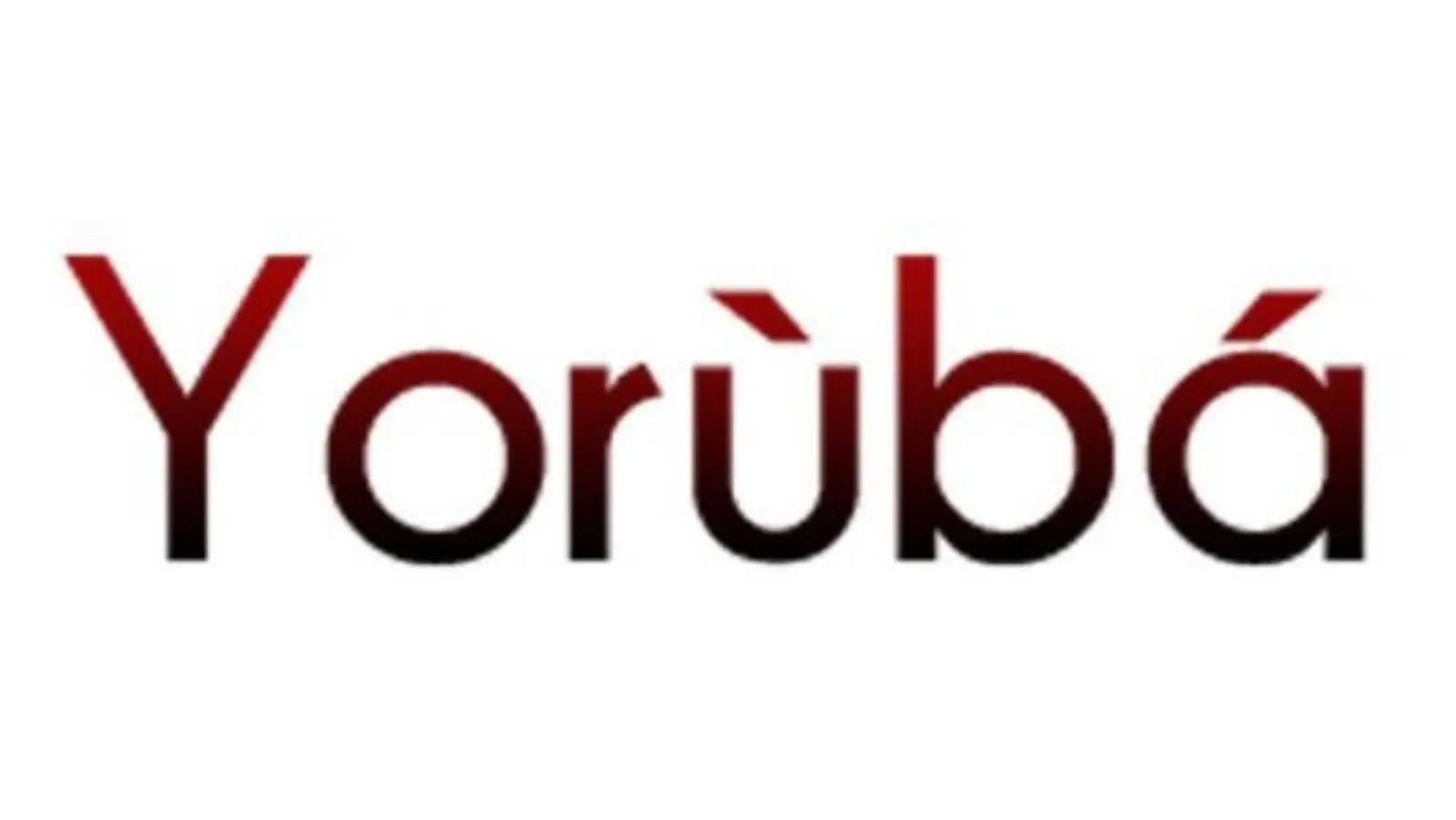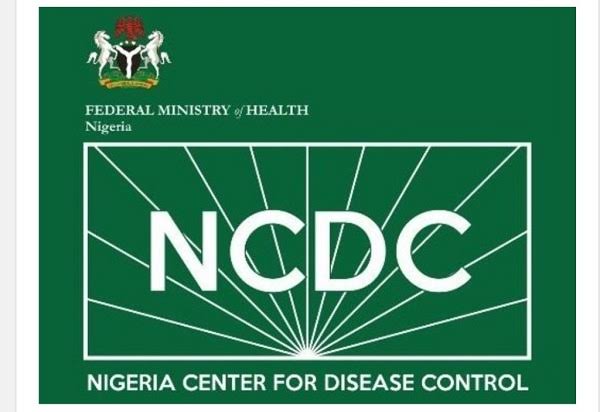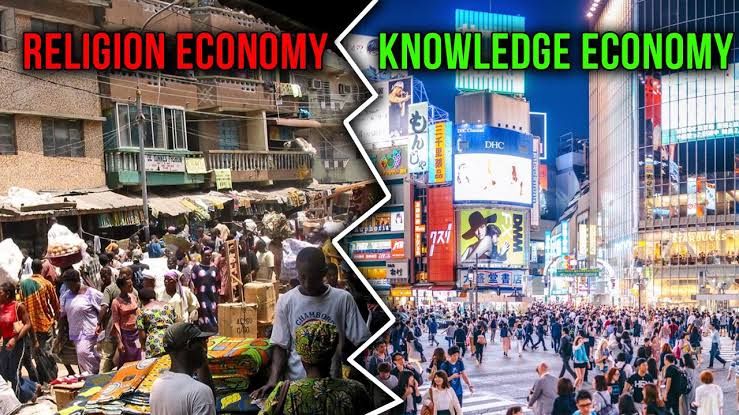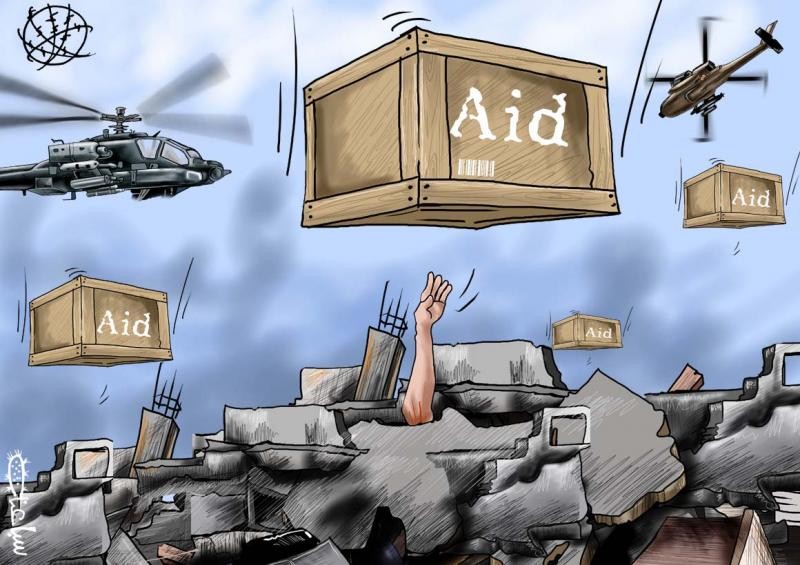Flashback: Yoruba Youths Have Lost Influence, Respect Of Nigerians By Maxwell Adeleye

Lateef Raji, a public policy analyst, in an article titled "Consequently, as a concerned Nigerian, I want to question the role(s) of Yoruba youths in the current fight against unemployment, starvation, and poverty in Nigeria. This question was necessitated by my discovery through indirect observations that Yoruba youths are the most lazy, perfidious, and egoistic youths in Nigeria as of today."
I discovered that the pride of an average Yoruba youth has overshadowed his intellectual judiciousness, level-headedness, and sagacity. Today, among ten Nigerians submitting their resumes to multinational corporations, eight would be Yorubas. Folks from my generation in Western Nigeria are too lazy to tap from the abundant opportunities that litter the streets of, say, Lagos, for primitive accumulation of wealth.
The Igbos, and, by extension, the Niger-Deltans and the Northerners, have indirectly taken over the control of the economy of Lagos, Nigeria’s indisputable number one centre of success, excellence, and opportunities.
The Apapa wharf in Lagos has virtually been taken over by the Easterners. The data that I got from the Nigerian Customs Services divulges that 63% of those licensed to transact businesses in Apapa Wharf are Igbos.
More so, data collected from licensing offices reveals that owners of 56% of commercial motorcycles in Lagos are Northerners and Easterners. The lucrative transport business has been hijacked from the Yorubas.
Today, the major work of average Yoruba youths on the streets of Lagos is to collect royalty, dues, and charges from the Hausas and Igbos, using their motorcycles to make cool cash from their land. Ninety-five percent of transport, travel, and tour firms operating in Lagos are owned by the enterprising and hardworking Easterners.
The Yorubas stay at various intersections harassing hardworking people transacting their legal businesses in the name of collecting charges and dues for the local government. I also discovered that the majority of the few Yorubas riding commercial motorcycles in Lagos are locally-trained automobile engineers that have abandoned their workshops.
Furthermore, the popular Ladipo and Owode motor spare parts markets in Lagos are now solidly in the hands of Igbos. As usual, the Yoruba youths are in the market collecting dues for their local government chairmen and the Iyaloja General of Lagos. Yaba, Oyigbo, Sabo, Oshodi, Agege, Alaba, Idumota, etc., markets have been taken over by the Easterners and Northerners who are predominantly youths.
Let me also assert unequivocally that the Igbo youths are now becoming more prosperous in the entertainment industry than the Yoruba youths. Today, the Yorubas hardly tune their DSTVs to the Yoruba movie channel of the satellite television; rather, they watch some other movie channel that shows English movies with actors and actresses of Igbo extraction. Why? Because most Yoruba movies lack creativity.
I can also articulate that 85% of the CEOs and executive directors of commercial banks operating in Nigeria today are Igbos and Hausas under the age of 50. They are very talented in boardroom politics, unlike their Yoruba counterparts, and they assist each other with amazing ease.
Educationally, the Yorubas are no longer in the top three. According to the National Universities Commission (NUC), Anambra, Imo, and Enugu have the highest number of professors and doctorate degree holders in Nigeria. Ekiti and Ondo states that used to top the list have been demoted to number four and six, respectively.
In 2014, the reports of the West African Examinations Council (WAEC) and the National Examination Council (NECO) revealed that the Yorubas have been outperformed by the Easterners in terms of academic performance. Ekiti, a state known as the fountain of knowledge, was number 34 in 2013.
The Yorubas are also missing in the sports sector. The Golden Eaglets, Flying Eagles, Super Eagles, Flamingoes, Falconets, Super Falcons, D'Tigers, and other national teams are dominated by the Igbos and Hausas. The team that won the African Cup of Nations for Nigeria in 2013 was tagged Biafran national team by some columnists and social commentators, including myself.
Politically, the Igbos and Hausas are more united than the Yorubas. The result of the 2015 presidential election is a point of reference. The Hausas voted massively for General Buhari of the APC, while the Igbos extraordinarily voted for Goodluck Jonathan of the PDP.
Sadly, the Yorubas had no bearing during the election. Jonathan’s inner circle members are currently blaming the Yorubas for their son's expected defeat. Victorious Buhari's teammates are reportedly saying that the Yorubas contributed little or nothing to the success of their kinsman.
In conclusion, I want to impel my generation in the Western part of Nigeria to wake up and begin to act. The nation of Nigeria that I am seeing today is hemorrhaging. I suggest we put ourselves in strategic positions. The bitter truth is that our leaders only think for themselves and their children.
Previously published by: Legit News



